Open Source ERP vs Proprietary: Which ERP Type Suits Saudi Businesses?
When Saudi business leaders are considering investing in ERP, the first major decision is not typically around
features, rather, it’s about philosophy: Should you go with an open source ERP or remain with a proprietary
solution?
Both have their advantages and compromises, and in Saudi Arabian firms, where regulations, size, and fast-paced
digitization are the drivers, the decision has long-term implications. Let’s see the contrast between the types
of ERP, and determine what actually fits Saudi businesses and SMEs.
Defining the Types of ERP
Before diving into open source vs proprietary, it’s worth clarifying the types of ERP systems that businesses
usually evaluate:
- Open Source ERP – Community-driven platforms where the source code is available for customization, offering maximum flexibility.
- Proprietary ERP – Vendor-licensed systems (like SAP, Oracle, or cloud-first players) where updates, support, and innovation are tied to the provider.
- Hybrid ERP – A best-of-both-worlds solution: proprietary vendors for core functionality with selective customization or integration from open ecosystems.
Saudi decision-makers will typically begin with these categories to match ERP against their industry’s distinctive requirements, whether finance is compliance-intensive, retail is agile, or manufacturing is scalable.
Why Saudi Businesses Are Adopting Open Source ERP
In the last few years, open source ERP has found favor with Saudi SMEs, start-ups, and even some mid-tier manufacturers. The attractiveness is obvious:
- Cost Flexibility – Reduced initial licensing fees versus proprietary vendors.
- Customization Freedom – Businesses are able to customize processes, localize to provide Arabic support, and conform to unique compliance regulations without the vendor lock-in.
- Community Innovation – Fixes and new features tend to originate from a global community of developers, providing agility and innovative thinking.
For Jeddah or Riyadh firms attempting to keep costs lean while constructing scalable digital foundations, open source ERP may appear to be a sound starting point.
The Trade-Offs of Open Source ERP
All the same, Saudi firms looking at open source ERP will need to balance some trade-offs:
- Support & Maintenance – In the absence of a specific vendor, IT departments bear the burden of troubleshooting and upgrades.
- latory Conformity – Saudi Arabia’s compliance environments (such as ZATCA e-invoicing) might not be natively compliant.
- Scalability Issues – Certain open source ERPs can misfire when a business grows quickly across several locations.
Briefly, liberty is accompanied by a price, companies need to be prepared to invest in talented technical professionals or third-party experts.
Why Proprietary ERP Still Dominates in Saudi Arabia
On the opposing side of the argument, proprietary ERP solutions continue to be the preeminent solution for big businesses and regulated sectors in Saudi Arabia. Their value is in:
- End-to-End Vendor Support – From installation to updates, companies have a trusted partner.
- Compliance Built-In – Top-tier proprietary systems tend to come with preconfigured integration to Saudi tax, HR, and reporting standards.
- Scalability & Security – Built to manage multi-entity, multi-country operations with enterprise-level cybersecurity.
This is the reason why most mid-range and bigger Saudi companies prefer proprietary solutions while planning expansion in the region or cross-border commerce.
Matching ERP Types to Saudi Business Models
To select the right ERP, Saudi companies must align their choice with their unique business requirements :
- Small companies or new ventures – Can be helped by open source ERP to remain lean and agile.
- Mid-size organizations with growth plans – May choose a hybrid solution, tailoring open platforms but basing core processes in proprietary systems.
- Large businesses or industries with regulatory requirements – Typically best supported by proprietary ERP, for compliance, size, and vendor responsibility.
HostBooks ERP: A Balanced Alternative for Saudi Businesses
At HostBooks, we understand
HostBooks ERP provides:
- Cloud-first design that minimizes IT overhead.
- Localized functionality to conform to local needs.
- Automation-based modules in accounting, inventory, HR, and compliance.
That is, HostBooks offers a contemporary solution that takes the best of both methods, designing like proprietary ERP but accommodating enough for Saudi SMEs.
Strategic ERP Choices for Saudi Enterprises
Open source ERP vs. proprietary software is not merely a tech choice, it’s a strategic one. For Saudi enterprises, the ideal ERP is the one that supports compliance requirements, facilitates expansion, and does not weigh down teams with excess complexity.
If lean customization is your top concern, open source ERP may be the way to go. If you require compliance guarantees and enterprise-level stability, proprietary ERP may be the better choice. And if you’re looking for something in between, HostBooks ERP is designed to offer Saudi SMEs and large enterprises the best of both worlds.

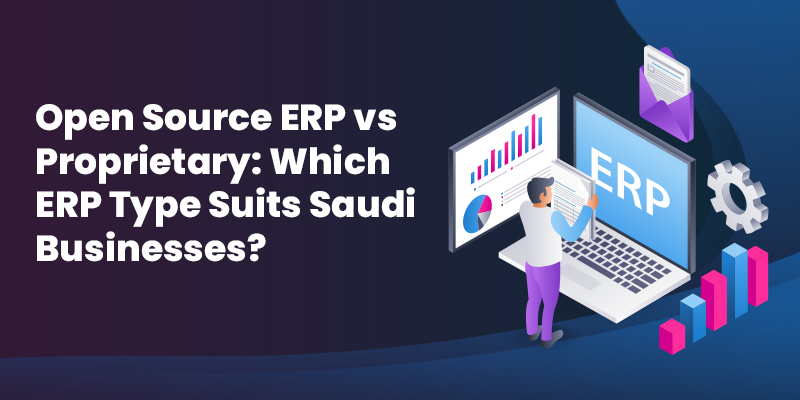


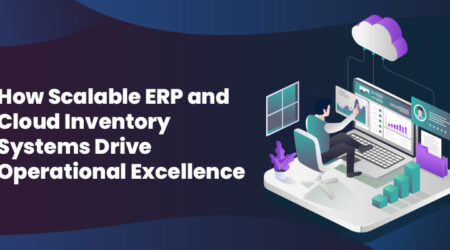

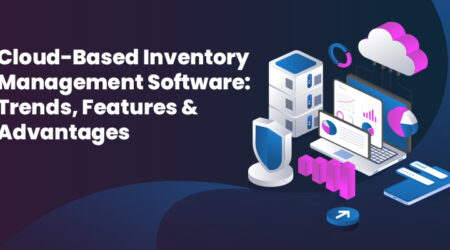
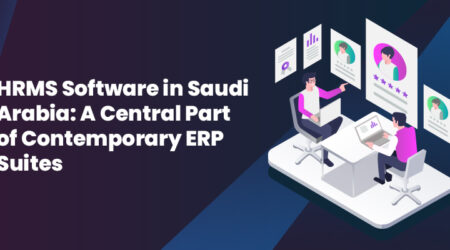



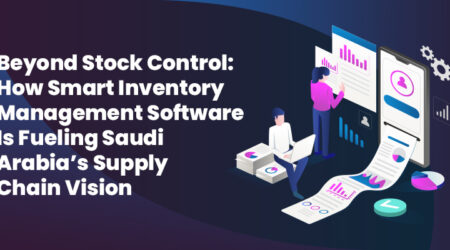
Leave a Reply